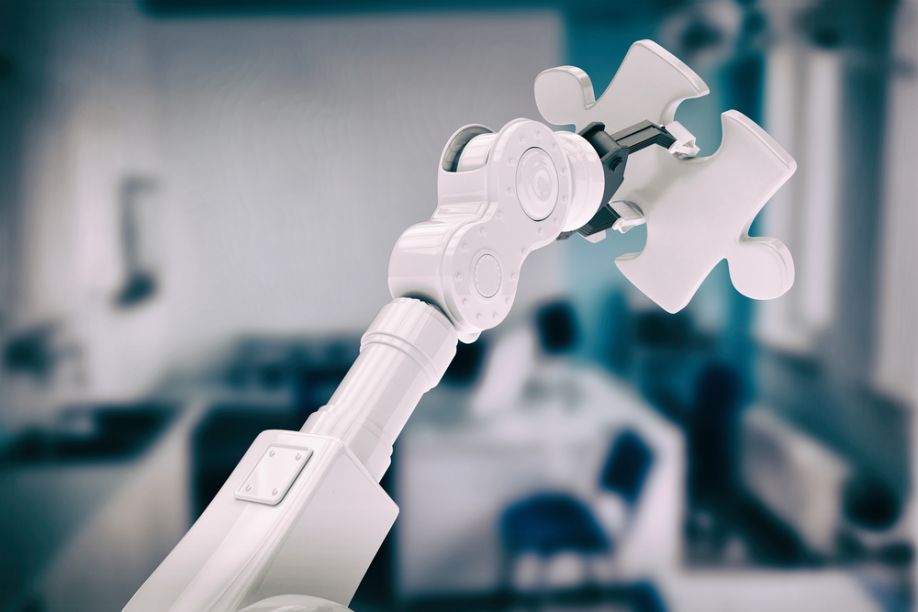CDC Awards $1.5 Million for Research to Reduce Exposures to Workplace Hazards through Robotic Technology

The Centers for Disease Control and Prevention (CDC) has awarded $1.5 million over three years to the University of Illinois at Chicago and Worcester Polytechnic Institute to fund projects aimed at reducing workers’ exposures to hazards through the development and use of collaborative robots, or co-robots.
CDC’s National Institute for Occupational Safety and Health (NIOSH) partnered with the National Science Foundation (NSF) to fund studies of co-robots in the workplace through NSF’s National Robotics Initiative 2.0. The Initiative supports research in the U.S. that will accelerate the development and use of co-robots, an emerging robotic technology that complements, not replaces, human workers. Co-robots work alongside people or other robots and can help improve worker safety.
“The future of work includes a workplace where robots work in tandem with, or are even worn by, human workers,” said NIOSH Director John Howard, M.D. “This important research will help guide the development and use of co-robots that can help minimize health and safety risks to workers.”
In healthcare, remote-controlled nursing robots have the potential to reduce workload and the risk of infection, especially in quarantine and intensive care environments. Researchers at Worcester Polytechnic Institute will develop a more intuitive interface to make it easier for nurses to operate robots from a distance. Researchers also will investigate best practices for integrating robots into current nursing education.
In manufacturing, lifting heavy objects can lead to costly and disabling work-related musculoskeletal disorders. Wearable robots, which provide mechanical assistance to the user’s joints, have the potential to reduce injuries from heavy lifting. Researchers at the University of Illinois at Chicago will develop and investigate the effectiveness of a personalized wearable robot worn on the lower body that senses the wearer’s physical effort and responds accordingly using soft-wearable electronics.
Through its Center for Occupational Robotics Research, NIOSH is proactively working across industrial sectors to guide the development and use of occupational robots that enhance workers’ safety, health, and well-being. The Center’s research looks at traditional industrial robots that work in robotic cells and cages away from human workers as well as at emerging robotic technologies such as co-robots; wearable robotics or powered exoskeletons; remotely controlled or autonomous vehicles and drones; and future robots that increasingly use advanced artificial intelligence.
NIOSH is the federal institute that conducts research and makes recommendations for preventing work-related injuries, illnesses and deaths. For more information about NIOSH visit www.cdc.gov/niosh. Additional information on NIOSH grant opportunities via the NIOSH Extramural Research and Training Programs can be found here: https://www.cdc.gov/niosh/oep/.
Featured Product

